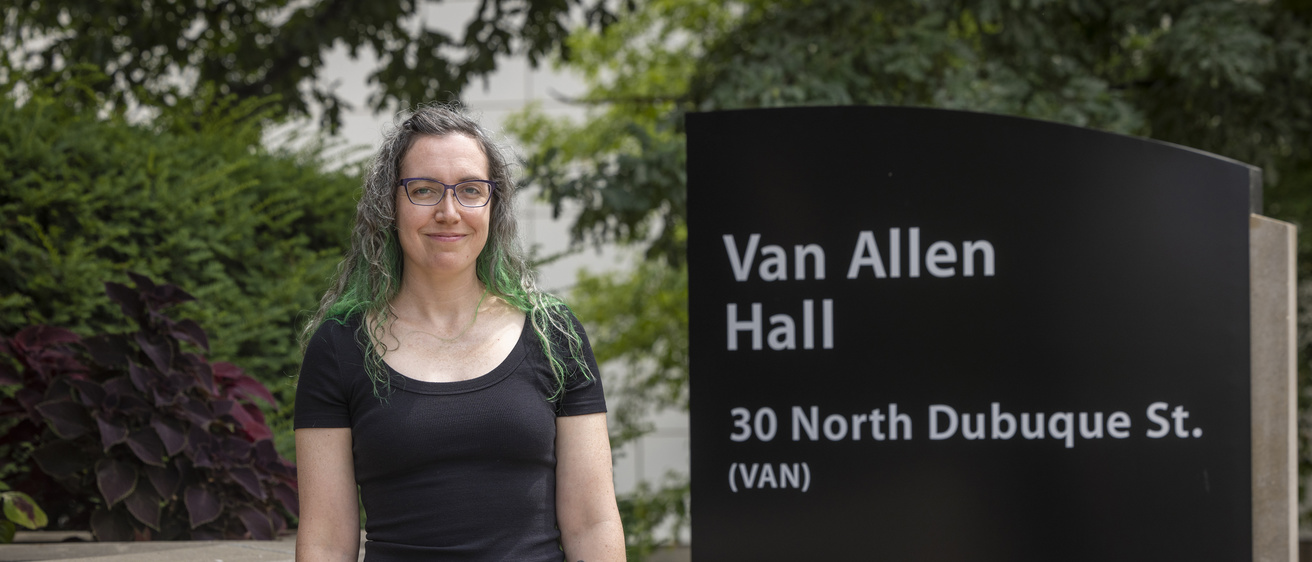Associate Professor Allison Jaynes has been awarded a grant from NASA to conduct studies to better understand auroral particle energy input into the ionosphere, thermosphere, and mesosphere. This work is being done as part of the Space Weather Operational Readiness Development (SWORD) project, led by Tom Berger at the University of Colorado Boulder. SWORD is one of three Space Weather Centers of Excellence recently selected by NASA.
Using the $476,113 grant, Jaynes and a postdoctoral student will analyze data collected from spacecraft in the Heliophysics System Observatory and ground-based assets to describe energy input specifically from energetic particle precipitation driven by plasma waves in the inner magnetosphere and initially the Sun itself.
Using these data sources, Jaynes and the postdoc will provide validation metrics while the modeling components are under development and testing. This can be achieved by comparing model outputs of simulated events to real data and integrating to understand if large-scale (temporal or spatial) features are being captured and at what smaller scales this remains valid. The feedback loop can be used to improve the modeling and sensitivity studies as compared to data that can be used to understand what drivers or inputs are not well captured.
SWORD research will seek to help scientists develop more accurate and timely conditions of the “space weather” hundreds of miles above the surface of Earth—where impacts from solar storms can increase the risk of satellite collisions and interfere with communications and navigation.
